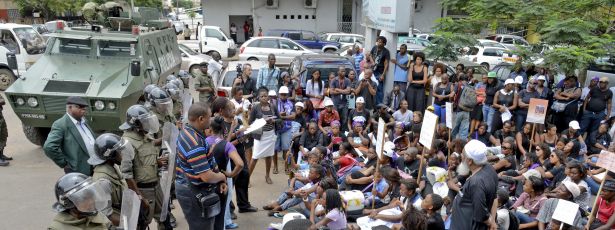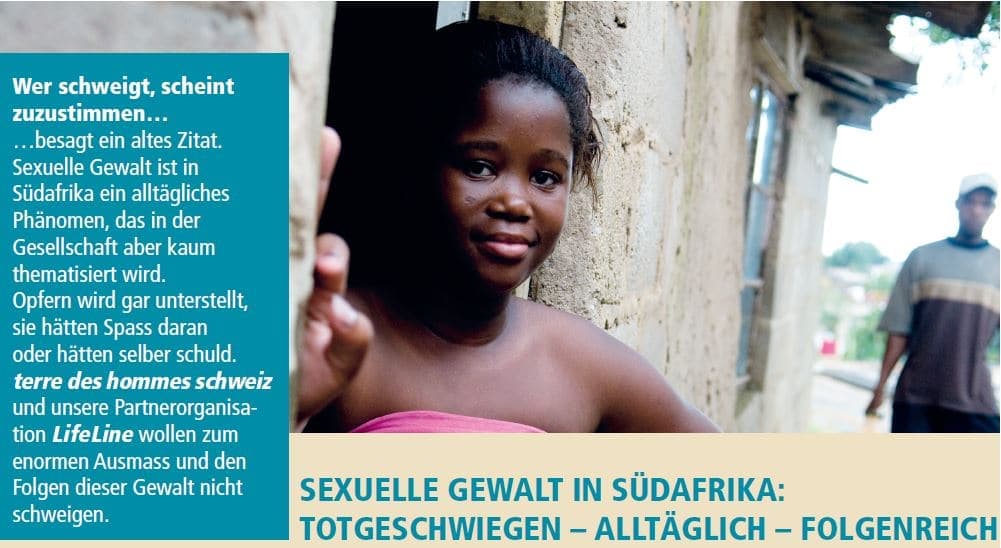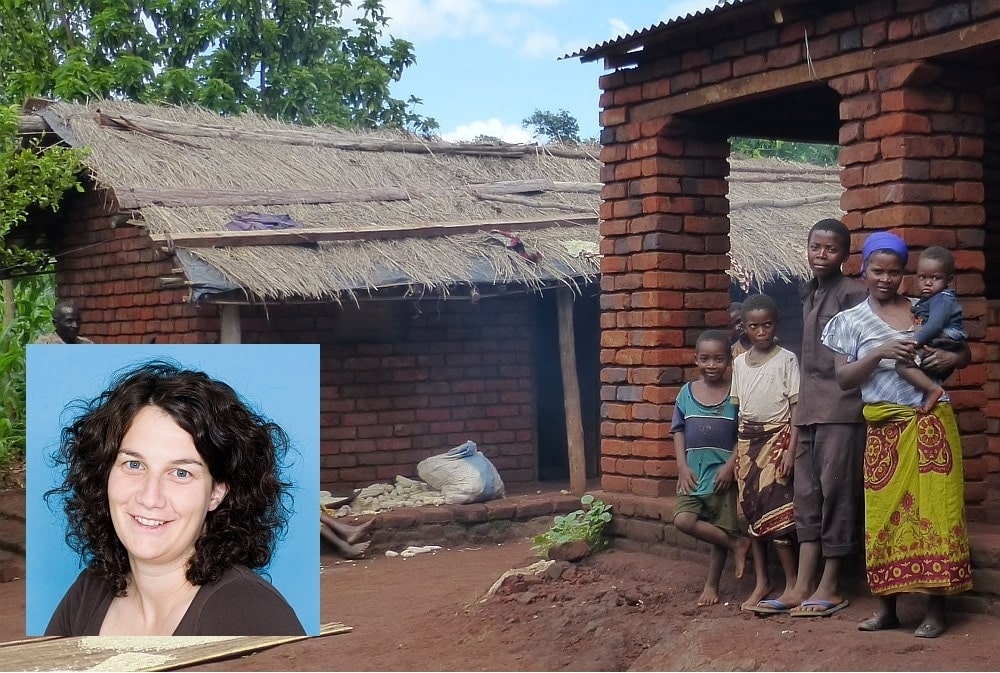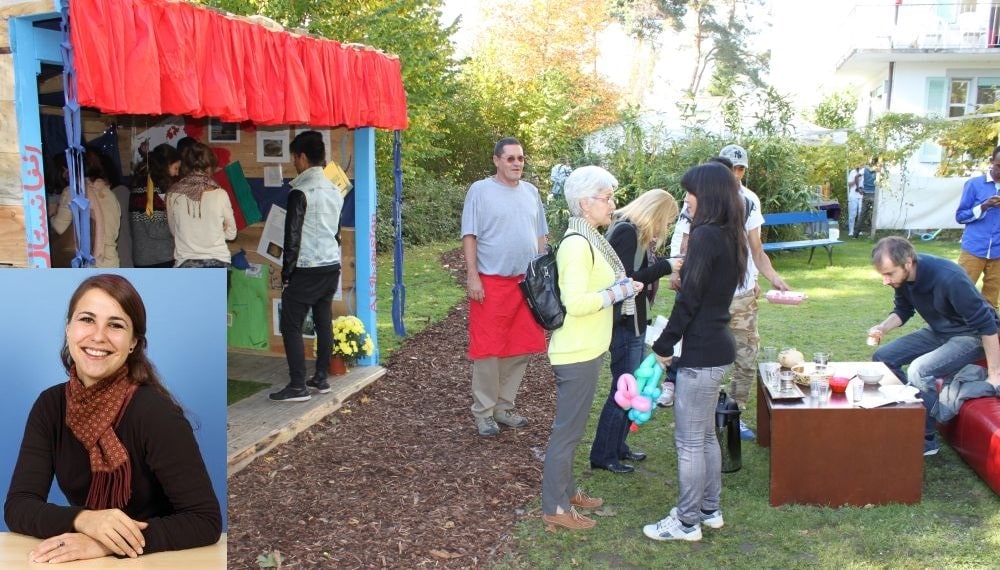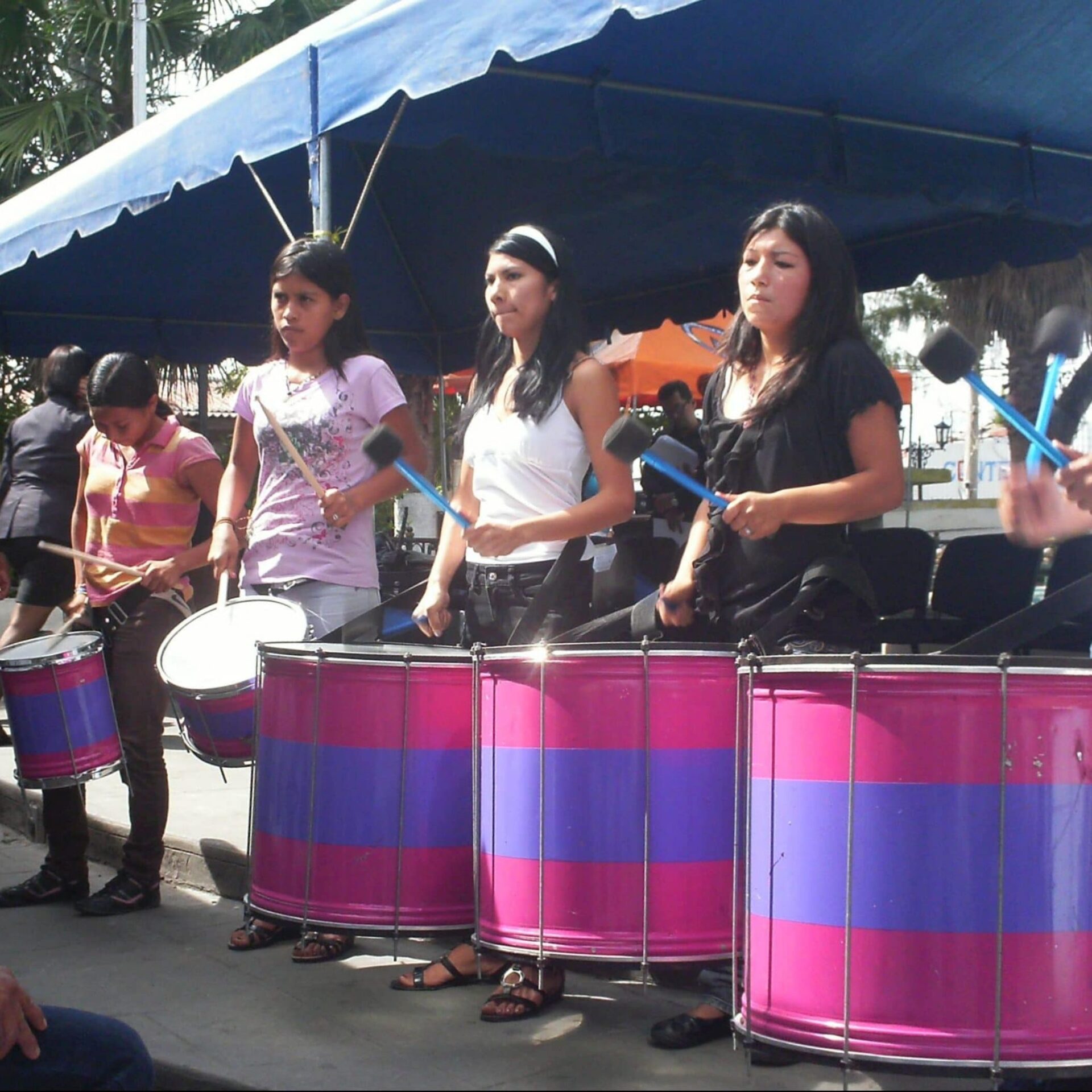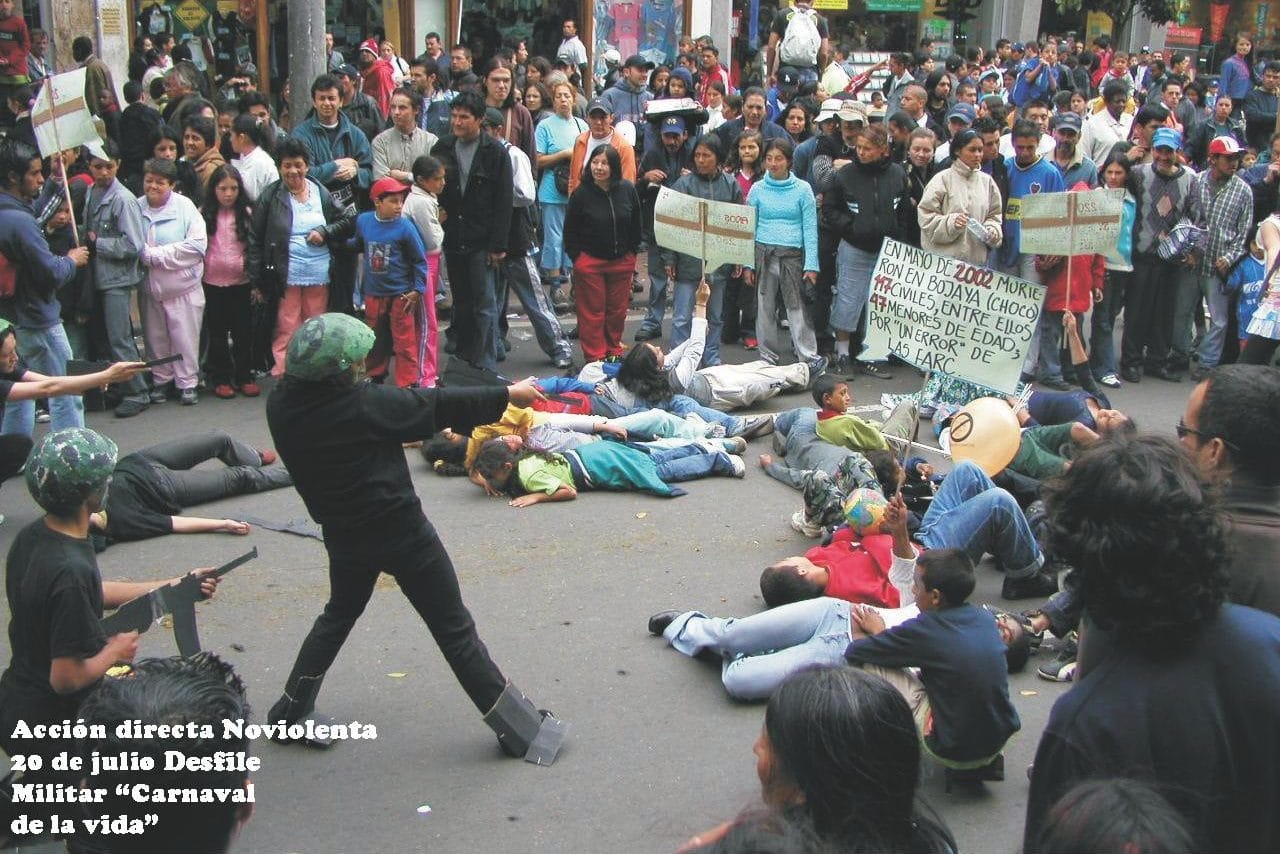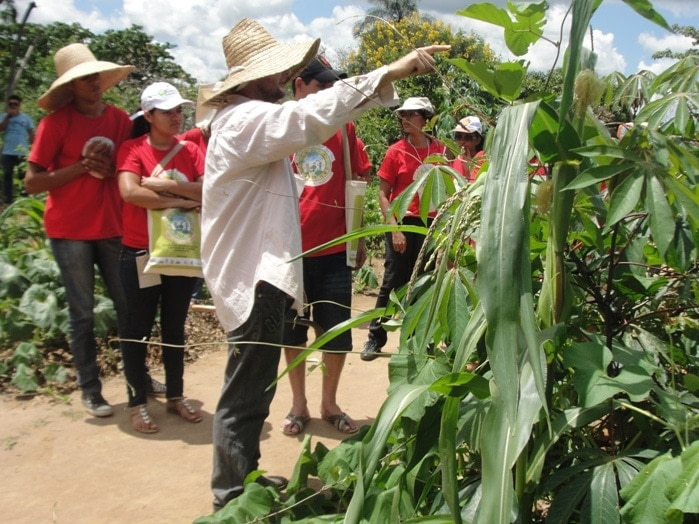
Brazilian youth on tour
During four days, 120 young people from different organisations in northeastern Brazil moved from place to place to learn about best practice examples in organic farming. The aim of this touring event was not only to promote intensive exchange but also to mobilise the population.

